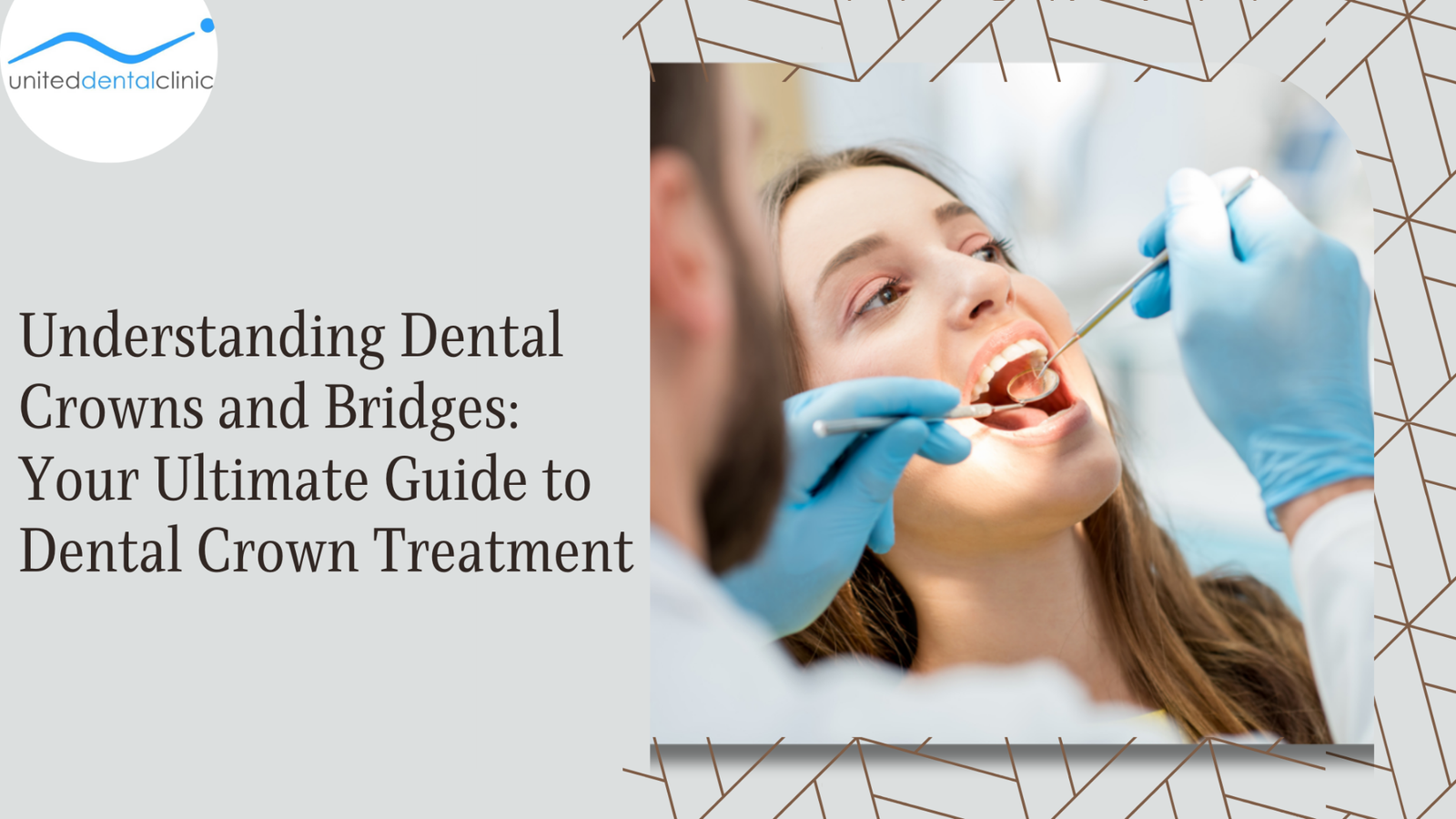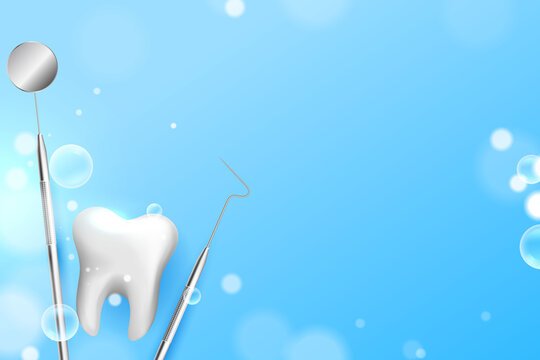Want to improve your smile? Dental crown treatment could be of help perhaps. These are covers that are custom made as per the fit of your teeth to protect them. One feels natural with these on and it is a sophisticated method to improve the aesthetics of your teeth. In addition, they are advantageous for increasing the lifespan of your teeth.
Thus, if you have been finding the right solution to get dental crown procedure or still wondering how dental crowns and bridges are made, this guide will suit your requirements the best. It describes the procedures systematically right from the ground level up.
An understanding of the dental crown procedure helps make the crown placement procedure less of a daunting procedure. For anyone who has been advised by a dental implant specialist Warriewood to do a dental crown, this write up shall help you understand the whole process.
What Are Dental Crowns, and When Are They Needed?
Dental crowns and bridges are well-fitted dental prosthetic caps that encompass a tooth that has become damaged or decayed as well as its surrounding structure.. Crowns can be advised for the following reasons:
- To place or cover a tooth that is cracked or is already damaged.
- To rebuild the architecture of teeth that have been excessively worn out.
- To be used for instance when a tooth has been subjected to a root canal treatment and is in need of support.
- It disguises the colour or shape of some teeth that are stained or which are not of equal shape and size, for aesthetic purposes.
Step-by-Step Dental Crown Procedure
Initial Consultation and Diagnosis
This process starts at the dental office with either your dentist or a dental implant specialist Warriewood. At this appointment:
- The dentist works his or her way through teeth with the aid of an X-ray so as to find out whether a dental crown procedure will be helpful.
- The type of crown that best fits your needs and one that you can afford is discussed, such as porcelain, ceramic or metal.
Preparing the Tooth
Once the dental crown treatment is deemed necessary:
- The dentist will apply a local anesthetic to the region.
- The tooth that has been damaged is prepared for the crown and gets modified in shape. This includes either reducing the impacted tooth or increasing it with filling if the tooth has extensive destruction.
Taking Impressions
- A dental mould or digital scanner is used to take impressions of the prepared tooth or parts of the mouth adjacent to it.
- These impressions are required so that the bite and the custom dental crowns and bridges do not create a problem with the other teeth.
Temporary Crown Placement
When in the waiting period for the provision of the permanent crown, the following may occur:
- A temporary crown is positioned over the prepared tooth to protect it.
- Generally, this temporary crown that should protect your tooth is made of acrylic or resin and lasts until the next dental crown treatment appointment is reached.
Crown Fabrication
In a dental lab:
- The technicians use your teeth models to make a custom crown.
- This is accomplished in about one to two weeks as a crown is created, which will replicate the shape, size, and colour of the patient’s teeth as much as possible.
Fitting and Placement
The dentist will place:
- A temporary crown will be taken out, and a permanent crown will be put in.
- In the mouth, the dentist will adjust the crown fitting and check the bites of the patient to see if all of the components fit together well.
- The crown is glued and placed in the position it is intended to be in.
Dental Crowns and Bridges: How Are They Connected?
Dental bridges are used in conjunction with dental crowns to create a definite cosmetic solution. Bridges are several artificial teeth that are held by crowns that are similarly attached to teeth or implant space.
Dental crowns and bridges are appropriate for individuals who have gaps in their teeth because of it:
- Re-establishes the chewing function.
- Enables the people to maintain the oral structure.
- Prevents the other teeth from drifting and getting out of position.
Benefits of Dental Crown Treatment
Why choose dental crowns? Here are some reasons:
- Lifespan: Today, crowns can last for 10 to 15 years and if well maintained, can even outlast that period.
- Aesthetic Appeal: They look close to the natural architecture of teeth.
- Functionality: Crowns allow the patient to perform activities such as eating and speaking which are normal functionalities of the mouth.
- Versatility: These dental drills can be incorporated in various treatments which include cosmetic procedures, root canal treatment or dental implant process.
Why Consult a Dental Implant Specialist in Warriewood?
The specialists at dental implant NSW clinics are qualified and skilled in performing advanced restorative procedures such as crowns, bridges and implants.
Their skills guarantee:
- Individualised care with specific treatment goals.
- Utilisation of the latest technology to achieve the best outcome.
Taking Care of Your Dental Crowns
Once your crown is in place, maintaining it is essential:
- Make sure to brush and floss at least once a day. Concentrate on the area around the crown’s gumline.
- It is best not to chew on hard substances or objects like nuts, ice cubes, or even pens.
- Schedule appointments with your Dental Implant NSW dentist after every four to six months for evaluations.
Transform Your Smile Today
If you are weighing restorative treatments, especially dental implants or dental crowns and bridges, United Dental Clinic in NSW is the right practice to go. Their professionals bring the best kind of dental treatment, thereby preserving and enhancing your smile.
Let United Dental Clinic take you through the journey of your dental crown because you deserve the best that Warriewood dentists can provide!
FAQs About the Dental Crown Procedure
What is the estimated time needed to place a dental crown?
Usually, it involves two appointments. One for the tooth preparation and the other for the crown placement. Between the appointments, there is a period of 1 – 2 weeks when the crown is made in the lab.
Is receiving a dental crown painful in any way?
The process itself is virtually pain-free. Most patients do not experience pain since a dentist injects local anesthesia in the area. You will feel tenderness for a few days, and yes, this will subside after a few days.
Can patients expect to have their dental crowns and bridges replaced in the future?
If such a thing happens, yes, a dentist will be able to provide you with a new crown very easily.



